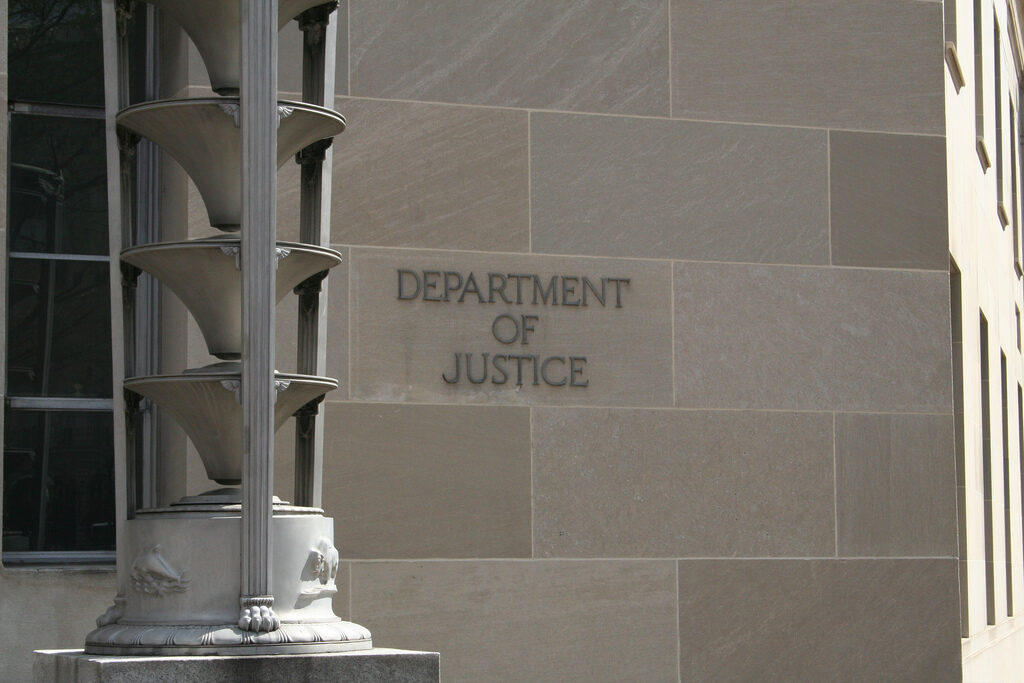by Patrick Lang (bio below)
A friend wrote to ask me a couple of clarifying questions about my earlier posts on the national security NSA intercepts against US Persons here in the States. This was my reply.
Pat Lang
“NSA is a part of the military establishment and the foreign intelligence community. It does not normally operate in the USA because of the basic law concerning its existence into which congress wrote restrictions against such uses (with loopholes for extreme situations). It normally functions by receiving taskings from military commands and government departments who are listed in a big thick directive authorizing them to task NSA There is no talk of warrants, FISA courts, etc. because foreigners and their activities are not entitled by law to that protection.
The federal courts with their police helpers are very limited in their activities in all the ways that you already know.
So, when you call in the then Director of NSA, (DIRNSA) Lt. Gen. Haydon, USAF and tell him that he is to accept taskings within the US against US targets (presumably with some foreign connection) and you do not tell him that he is to follow the same laws and rules that the FBI would have to follow in listening in to the communications of US Persons, then he believes himself (correctly I think) to be released from all the restrictions that previously prevented him from doing that. Why? Because he is a military officer, head of a military agency, acting on the authority of the commander in chief in wartime. In other words, as far as DIRNSA was concerned Bush took the responsibility onto himself for doing something of doubtful legality and probity. So far as DIRNSA was concerned he, personally, was “off the hook.”
What we then have is the American People being treated as targets by their own military in the same way that Soviet or Cuban targets were treated.”
Personal Blog: Sic Semper Tyrannis 2005 || Bio || CV
Recommended Books || More BooTrib Posts
Novel: The Butcher’s Cleaver (download free by chapter, PDF format)
“Drinking the Kool-Aid,” Middle East Policy Council Journal, Vol. XI, Summer 2004, No. 2
